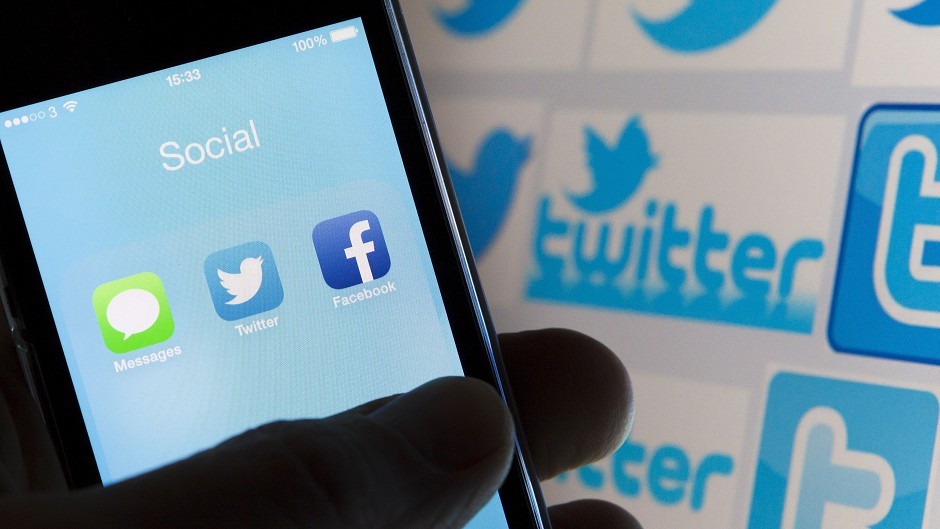What happens to your Facebook account when you die? Nick Marshall, an associate with Scottish law firm Ledingham Chalmers, explains how digital legacies are an increasingly important aspect of inheritance
In excess of 1billion people used Facebook on a single day for the first time last week, according to company founder Mark Zuckerberg.
With an average of more than 4billion items shared daily, the social network has become part of most of our daily lives.
While it is a place to share news with family and friends, it can also be a place to remember loved ones when they pass away – an estimated 3million Facebook pages have become memorial sites.
Users in Europe and the US are now able to nominate an online executor to take control of certain account features when they die.
A recently introduced “legacy contact” option allows a friend or relative to make small changes to a Facebook profile after the account owner dies, or to download anything that was shared.
The legacy contact underlines the importance of thinking about what happens to our digital information when we die.
Many of us have multiple social media profiles, use online banking and have other internet-based accounts and investments in digital assets, including music and films.
Setting out how you want loved ones to deal with this digital information, and providing them with the means to do so, is becoming increasingly important.
If you have not expressed a wish as to how online material should be dealt with, or provided your loved ones with a means of carrying out those wishes, it may be difficult for anyone to obtain access to your accounts.
Worse still, they may not even be aware such accounts exist.
Value aside, it is important that anyone who needs to deal with a digital estate is equipped with the right details to do so.
Unless the account holder has made their family or solicitor aware of these details, a great deal of time and money could be spent on looking for the information.
Speculative inquiries could greatly increase the estate administration costs and, if there is inheritance tax payable on the estate, any delays could result in more interest being added.
There is also a strong chance the accounts may never be found.
Care needs to be taken when leaving instructions.
You should avoid writing a list of accounts, personal identification numbers and passwords.
These details should not be included in the will itself as it is likely to become a public document after death. The safest option is to provide account details in a sealed envelope to be kept in a safe alongside your will.
Not all companies are as progressive as Facebook, so taking appropriate steps now could avoid problems after you are gone.
Leaving a digital legacy will help whoever deals with your estate.
It is becoming increasingly important for wills to embrace digital assets, as the number of social platforms and of paper-less accounts grows in this technology-driven age.
